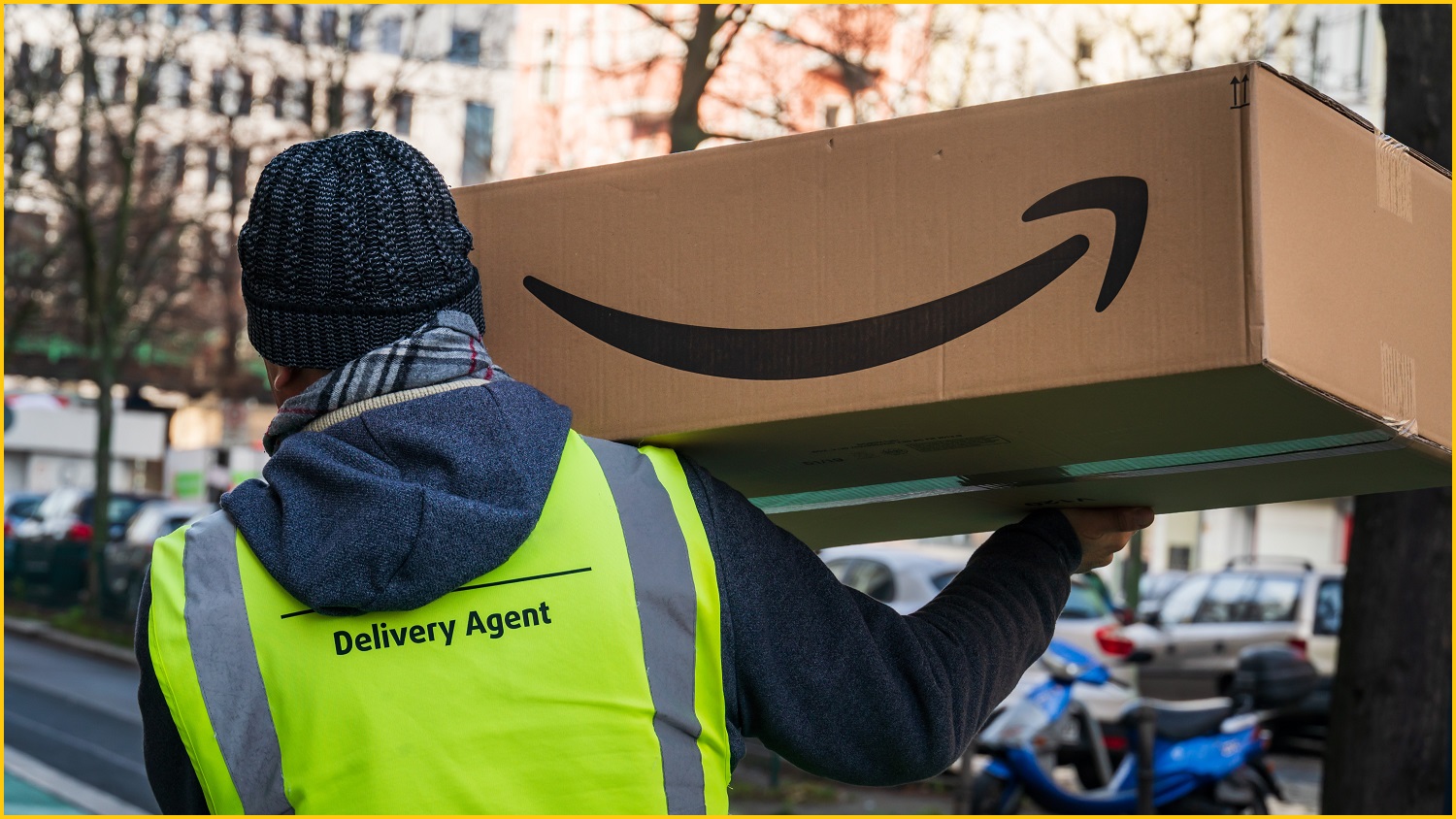The US Federal Trade Commission (FTC) and 17 state attorneys general are suing Amazon for allegedly using unlawful and aggressively anticompetitive tactics to build and maintain an online retail monopoly.
FTC Chair Lina Khan said the complaint alleges how Amazon is “exploiting its monopoly power to enrich itself” while simultaneously “raising prices and degrading service” for customers and other businesses that sell their products on Amazon’s marketplace.
“We’re bringing this case because Amazon’s illegal conduct has stifled competition across a huge swath of the online economy,” she said.
The FTC’s complaint says Amazon has enacted anti-discounting practices on its marketplace and abused secondary advertising and Prime services to keep merchants in line.
“Amazon’s illegal, exclusionary conduct makes it impossible for competitors to gain a foothold,” the FTC said.
“With its amassed power across both the online superstore market and online marketplace services market, Amazon extracts enormous monopoly rents from everyone within its reach.”
The US competition regulator has described the way Amazon has gradually “degraded the customer experience by replacing relevant, organic search results with paid advertisements”, putting its own products ahead of potential competitors, and by charging high fees for sellers who have no choice but to use Amazon’s marketplace to reach their buyers.
In many ways, it matches what writer and activist Cory Doctorow has called ‘enshittification’ – the process by which digital platforms first prioritise their users, then abuse users for the sake of their business customers before “[abusing] those business customers to claw back all the value for themselves” which ultimately leads to their demise.
Amazon has long been a model for how tech companies can disrupt brick-and-mortar businesses by using the internet to achieve previously unimaginable economies of scale.
Founded by Jeff Bezos – who stepped down as CEO in 2021 – the company started as an online bookseller making use of the nascent internet and its ability to instantly connect merchants and consumers.
Monopoly busting
As Amazon expanded into selling all manner of products, the FTC alleges, it entrenched its position as the biggest online retailer in the US.
“Amazon uses its vast power, size, and control over multiple business units to implement an interrelated and exclusionary course of conduct,” the FTC said.
“Each element of this overarching strategy aims at the same goal: to keep rivals from gaining the scale needed to compete effectively against Amazon. And each element amplifies the force of the rest, in a self-reinforcing cycle of dominance and harm.”
Technology is at the heart of Amazon’s alleged anti-competitive behaviour. The FTC complaint mentions a “sophisticated surveillance network of web crawlers that constantly monitor the internet” for anyone offering cheaper prices.
If any Amazon seller is found offering cheaper prices elsewhere online, Amazon has allegedly been slipping it back on the search results as a punishment.
Much of the complaint is redacted, including the bulk of three pages describing ‘Project Nessie’, an “algorithmic tool” the purpose of which is a mystery to the general public.
Amazon unsurprisingly denied that it has been a ruthless monopoly.
In a statement, the company’s general counsel David Zapolsky said Amazon had “engaged cooperatively” with the FTC during its investigations but called the lawsuit “misguided”.
“The practices the FTC is challenging have helped to spur competition and innovation across the retail industry, and have produced greater selection, lower prices, and faster delivery speeds for Amazon customers and greater opportunity for the many businesses that sell in Amazon’s store,” he said.
“If the FTC gets its way, the result would be fewer products to choose from, higher prices, slower deliveries for consumers, and reduced options for small businesses – the opposite of what antitrust law is designed to do.”
While the Amazon suit is just getting started, the antitrust trial of the century has already begun as the Department of Justice tries to break up Google.
That case has been largely happening behind an unprecedented veil secrecy for an antitrust lawsuit.
Around two-thirds of the motions and responses Google filed prior to trial were unsealed, the New York Times reported, and much of the testimony from industry executives has taken place behind closed doors.
Publication of exhibits at the end of each day had been banned, further keeping the trial secret – although the judge is now allowing people to see the exhibits, according to Bloomberg reporting on Wednesday.










